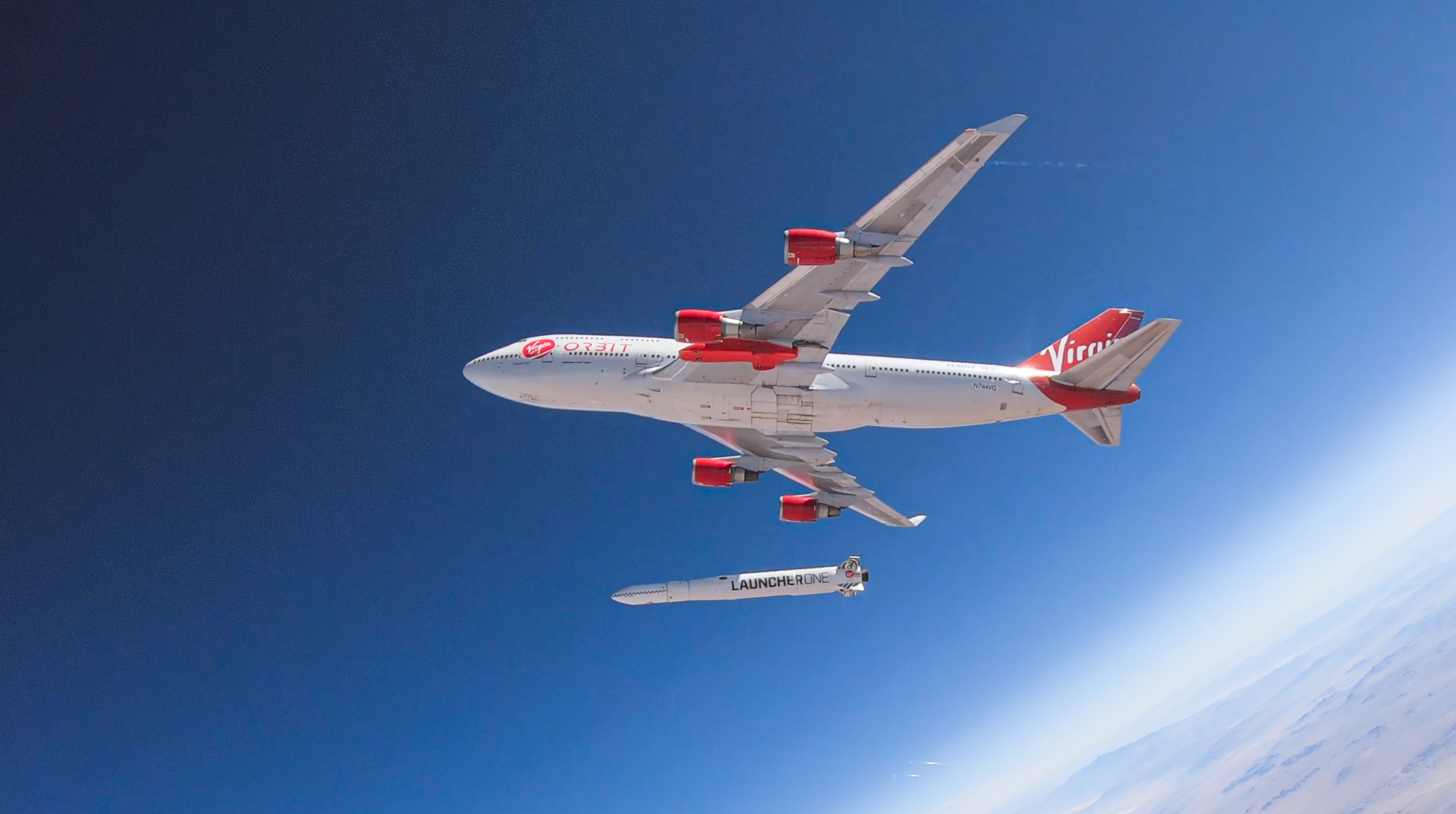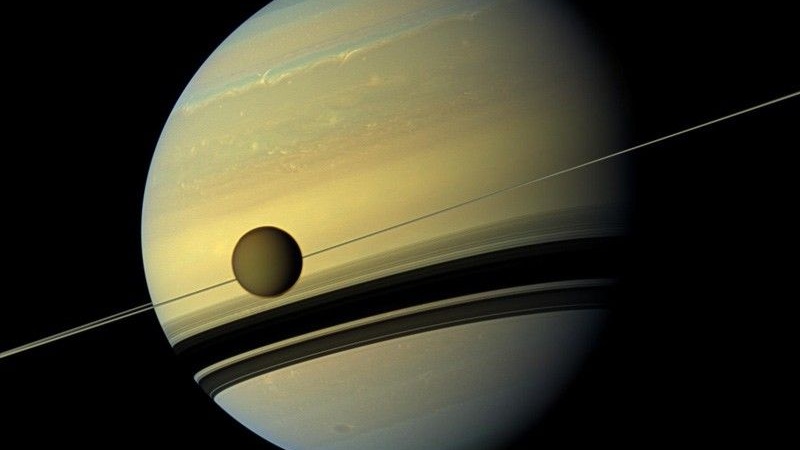Virgin Orbit will launch military satellites for National Reconnaissance Office and UK on milestone flight
The upcoming flight will be the first commercial rocket launch ever from Western Europe.

Breaking space news, the latest updates on rocket launches, skywatching events and more!
You are now subscribed
Your newsletter sign-up was successful
Want to add more newsletters?

Delivered daily
Daily Newsletter
Breaking space news, the latest updates on rocket launches, skywatching events and more!

Once a month
Watch This Space
Sign up to our monthly entertainment newsletter to keep up with all our coverage of the latest sci-fi and space movies, tv shows, games and books.

Once a week
Night Sky This Week
Discover this week's must-see night sky events, moon phases, and stunning astrophotos. Sign up for our skywatching newsletter and explore the universe with us!

Twice a month
Strange New Words
Space.com's Sci-Fi Reader's Club. Read a sci-fi short story every month and join a virtual community of fellow science fiction fans!
The U.S. National Reconnaissance Office (NRO) will launch a joint mission with the United Kingdom's Ministry of Defence on Virgin Orbit's first-ever launch from the UK.
The collaboration will see the government military organizations working together on two "Prometheus 2" cubesats, which will launch among nine international rideshares from Spaceport Cornwall (in coastal southwestern England) as soon as summertime.
Prometheus 2, the UK government stated on Tuesday (May 10), "will provide a test platform for monitoring radio signals including GPS and sophisticated imaging, paving the way for a more collaborative and connected space communication system with our allies." (The international collaboration includes the NRO, the agency that operates the United States' fleet of spy satellites.)
In photos: Virgin Orbit's LauncherOne rocket for satellite missions

All of the payloads will be lofted by Virgin Orbit's LauncherOne rocket, which will be hauled high into the skies beneath the wing of a modified Boeing 747 carrier aircraft called Cosmic Girl.
It's the first horizontal launch for the NRO, the agency said in its own statement Tuesday. "Launching from the UK marks a continued expansion of NRO's overseas launch locations, in addition to New Zealand, providing NRO with the ability to launch from three continents," NRO officials said in the statement.
Virgin Orbit is a sister company of the space tourism provider Virgin Galactic; both companies belong to billionaire Richard Branson's Virgin Group. Virgin Orbit has conducted three straight successful launches in 2021 and 2022, following a failure during its initial effort in May 2020.
Breaking space news, the latest updates on rocket launches, skywatching events and more!
Aside from the benefits to United Kingdom companies seeking a more local option for launching in Cornwall, Virgin Orbit says the 70-foot-long (21 meter) LauncherOne is more responsive and flexible than traditional rockets, which launch vertically. LauncherOne can launch up to 1,100 pounds (500 kilograms) per mission, which is relatively modest compared to many types of rockets.
The company has said it plans five launches in 2022, including two from Spaceport Cornwall and three from Mojave Air and Space Port in California, the takeoff point of all Virgin Orbit missions to date. Virgin Orbit is also seeking other new launching locations, with early possibilities including Guam, Japan and Brazil.
Follow Elizabeth Howell on Twitter @howellspace. Follow us on Twitter @Spacedotcom and on Facebook.

Elizabeth Howell (she/her), Ph.D., was a staff writer in the spaceflight channel between 2022 and 2024 specializing in Canadian space news. She was contributing writer for Space.com for 10 years from 2012 to 2024. Elizabeth's reporting includes multiple exclusives with the White House, leading world coverage about a lost-and-found space tomato on the International Space Station, witnessing five human spaceflight launches on two continents, flying parabolic, working inside a spacesuit, and participating in a simulated Mars mission. Her latest book, "Why Am I Taller?" (ECW Press, 2022) is co-written with astronaut Dave Williams.
